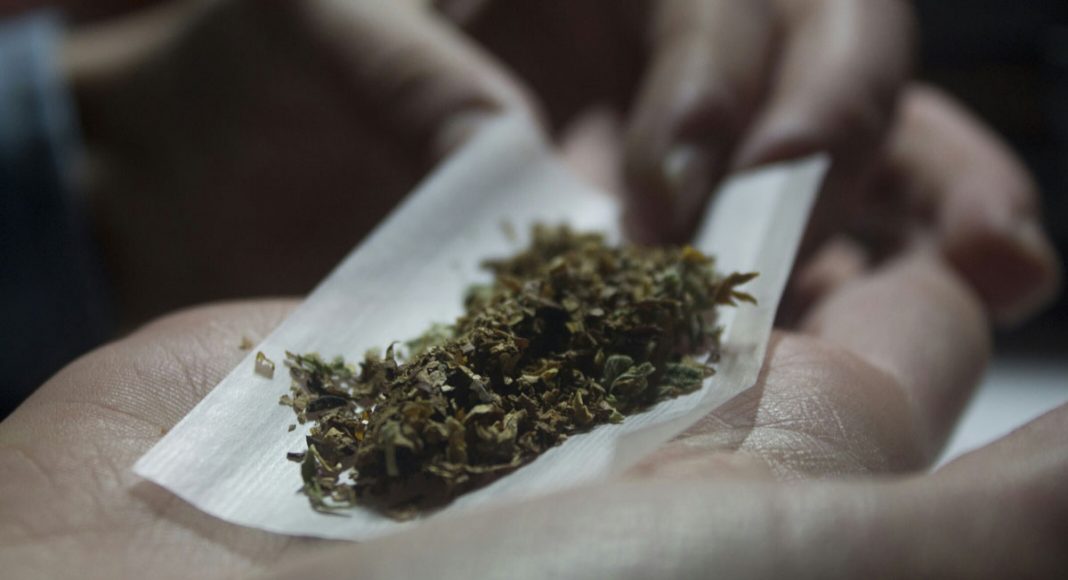Depending on the individual, marijuana (or rather, the lack thereof) can bring on a withdrawal symptoms that can last anywhere between a few days to a couple of weeks. Some people who try to eliminate marijuana from their daily lives have reported a variety of physical and psychological withdrawal symptoms, including insomnia and irritability.
But it is important to point out that this thing the medical community has deemed marijuana withdrawal is nothing like opiate withdrawal – you know, the flu-like symptoms that can happen when a longtime opioid addict attempts to get clean. Pot withdrawal is nowhere near that severe. In fact, it’s something that most regular pot consumers do not even struggle with.
-
Related Story: What Happens When You Suddenly Stop Using Marijuana
Although the US Drug Enforcement Administration classifies marijuana as one of the most dangerous and addictive drugs in the world, other government agencies, including the National Institute on Drug Abuse, admit that weed is only about as addictive as caffeine. Only around nine percent of pot consumers are at risk for addiction. This means that some regular users might struggle to quit while most will have no trouble at all.
Cannabis addiction has been attributed to the changes that happen with the cannabinoid receptors in brain over time. But unlike opioid addiction, which can permanently manipulate the brain, the chemical alternations made by frequent marijuana use are only temporary. Once the user quits, the brain returns back to normal within a couple of days.
Consider this: Pot addiction is mostly psychological. It’s sort of like when an individual feels it is time to lose weight and eliminates food favorites like pizza and cheeseburgers from their diet. Anyone who has ever attempted this understands that the struggle is real. But the process of letting go of greasy meats and cheese truly only resides in the mind.
-
Related Story: Is It Possible To Be Physically Addicted To Marijuana?
Marijuana is not much different.
Research has shown that most people who stop smoking marijuana after extended periods of time can experience changes in mood and have trouble sleeping. Some have even reported a decreased appetite, which is understandable since the munchies are no longer an issue.
In some cases, the symptoms of marijuana withdrawal can last up to two weeks, according to Leaf Science.
Consulting a health care professional is an option for getting over the hump. But anyone does this will likely end up with a bottle of benzodiazepines to help with the insomnia. These medications are significantly more addictive and dangerous than cannabis. For the person serious about putting marijuana in the rear view mirror, quitting cold turkey is the best course.
Try replacing pot use with exercise or another productive activity. Physical activity releases endorphins in the brain that trigger positive feelings. What’s more is increased exercise can help with sleep issues. This method of dealing with a so-called addiction has helped many folks get over the hump.


